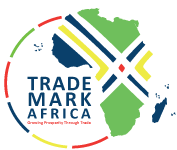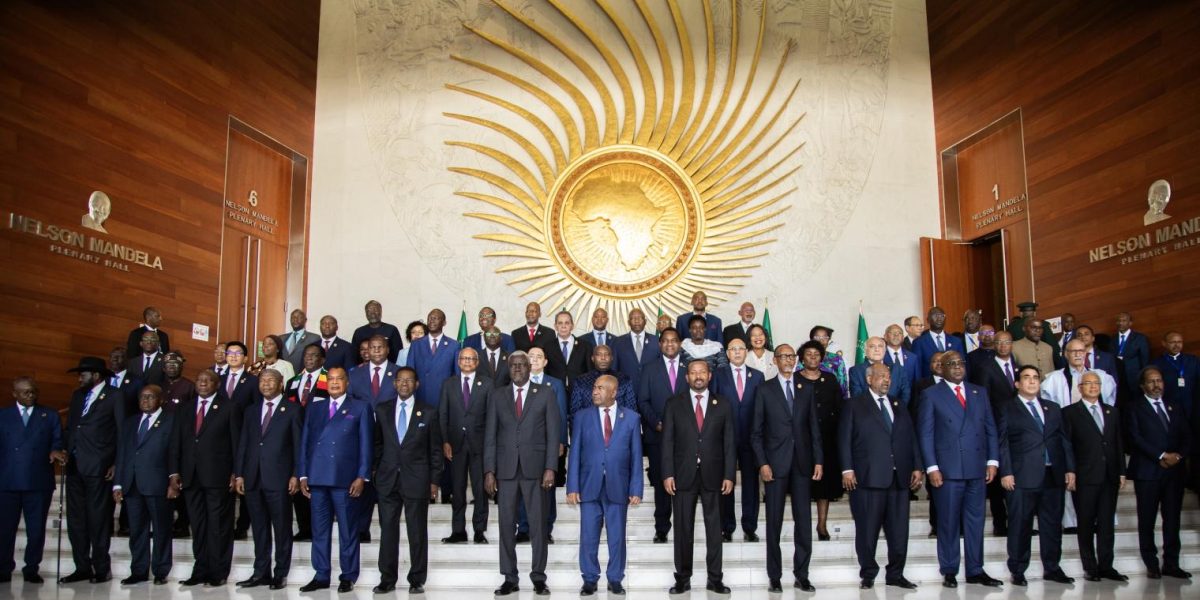In February 2020, the African Union (AU) Assembly of the Heads of State and Government endorsed the inclusion of a Digital Trade Protocol into the African Continental Free Trade Area (AfCFTA) Agreement Framework. This initiative, supported by technical support from USAID-ERRA, saw the commencement of detailed negotiations among State Parties in 2022 to flesh out the Protocol’s provisions. The Protocol encompasses measures to be adopted or maintained by an AfCFTA State Party affecting digital trade. It defines digital trade as digitally enabled transactions of trade in goods and services delivered digitally or physically.
At the 37th Ordinary Session of the AU Assembly of Heads of State and Government in 2024, the AfCFTA Digital Trade Protocol was adopted. The Protocol will establish a single African digital market for digital trade across Africa and will i) eliminate digital trade barriers promoting access to markets, ii) harmonize digital trade standards streamlining digital transactions, iii) create a secure and trustworthy digital trade environment, and iv) promote interoperability of frameworks and systems required to facilitate digital trade. Furthermore, it will deepen economic integration, boost job creation, provide a stable market environment attractive to investors, and advocate for quality digital infrastructure, which is essential in enabling and facilitating digital trade.
Following the adoption of the Protocol, the next steps include assessing readiness and compliance with the agreed-upon obligations through the Regional Economic Communities (RECs). This entails, among other things, the deposition of instruments of ratification and domestication by State Parties, the implementation of pilot projects, and private sector engagement and sensitization.
Through the implementation of this Protocol, it is projected that the continent’s exports will increase by 81 percent, increasing its income to over US$450 billion by 2035.

